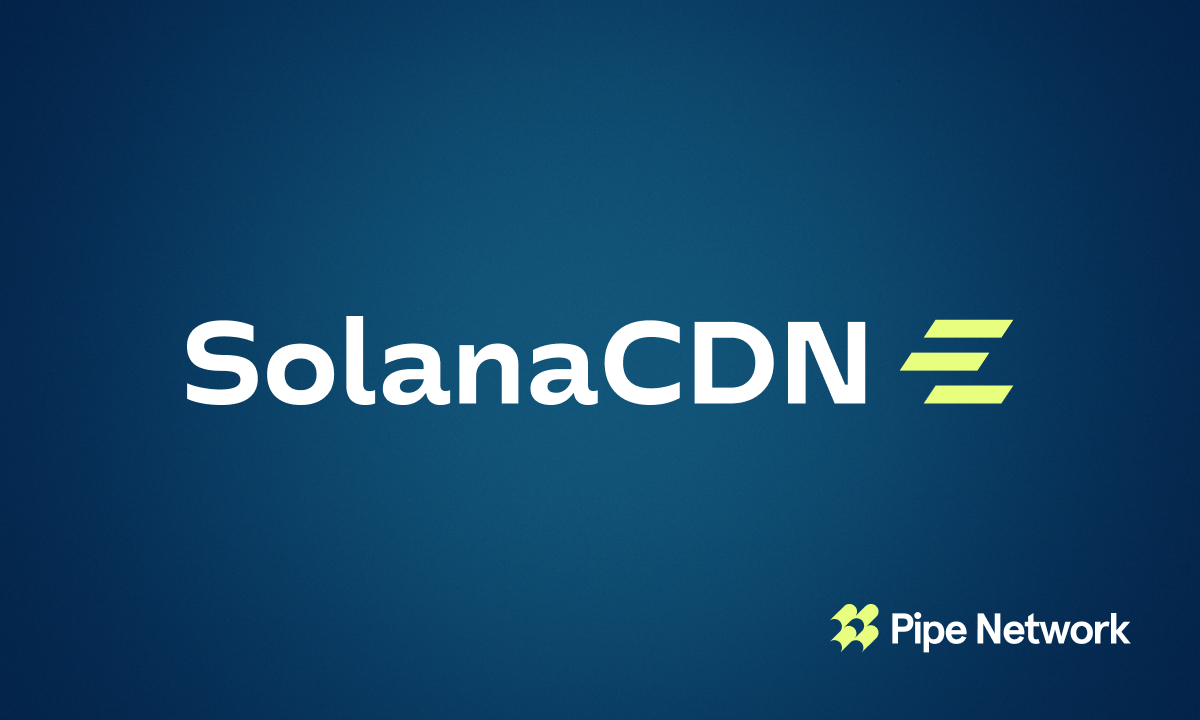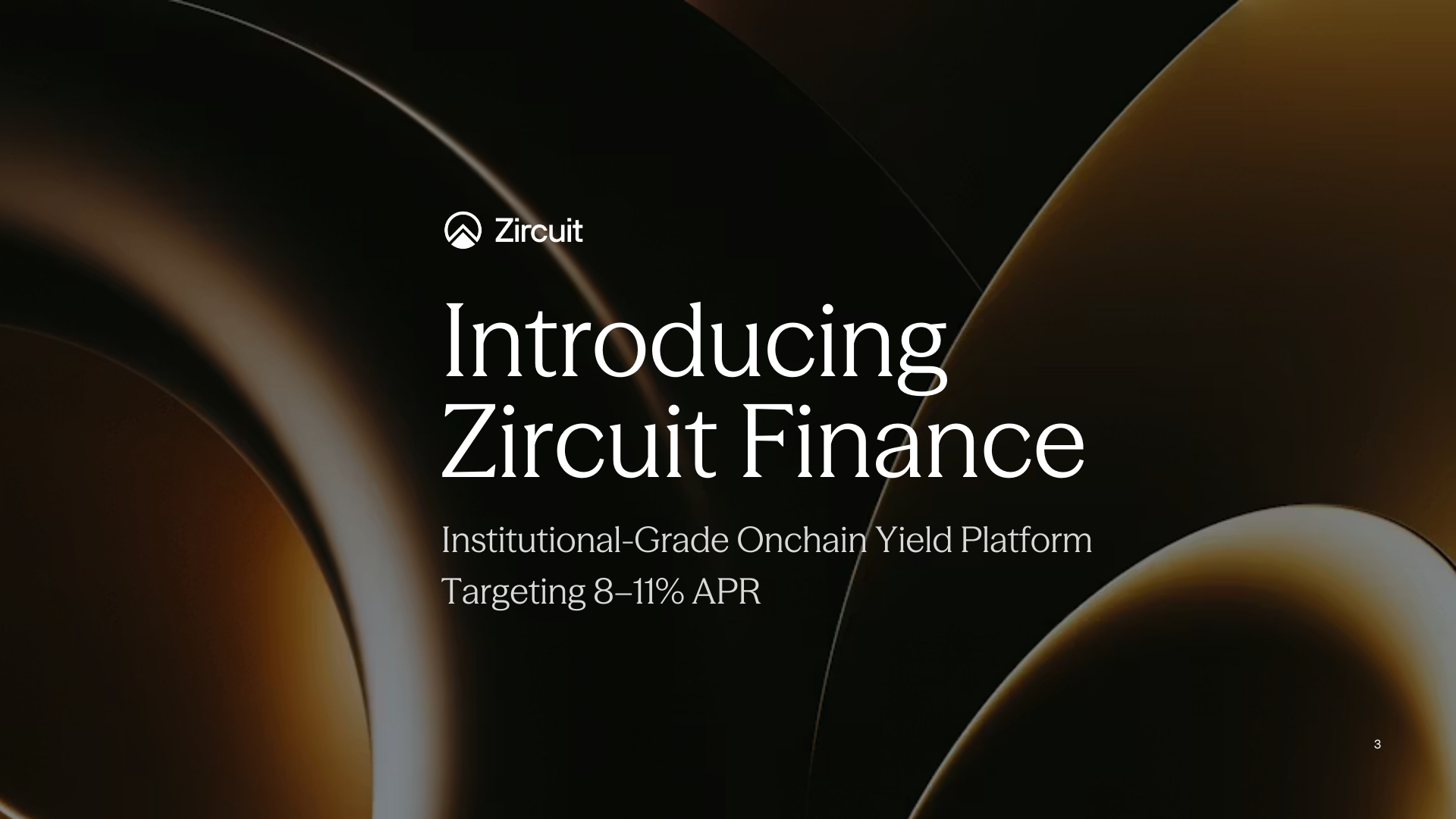Key Insights
- Tether reportedly used Signature Bank’s Signet payment platform.
- Unfounded rumors alleged that USDT played a role in Signature Bank’s crash.
- Tether was found to be innocent of these allegations.
Rumors have been flying around that USDT had a hand in the crash of Signature Bank, one of the renowned banks that closed down in the recent banking controversy. Furthermore, a Bloomberg report mentioned that Tether utilized Signature Bank to access the U.S. banking system.
Tether allegedly informed crypto clients to pay for its USDT by transferring dollars to Capital Union Bank, its Bahamas-based affiliated firm. Tether was said to have used Signature’s Signet payments platform – a crypto-enabled platform – to finance these transactions. Â
The sources, who pleaded anonymity, maintained that this structure was up and running when regulators shut down Signature Bank. This adds fuel to the flames that Tether had a hand in the bank’s crash.
Is Tether tethered to This?
A Bloomberg reporter, Max Abelson, affirmed that the collapse of Signature Bank was not due its inroad into crypto. Furthermore, a former SEC exec, Alma Angotti, stated that Signature was aware of the USDT scheme. “They may well have known and decided this is less risky than opening up an account for Tether directly.â€
Previously, Tether’s chief technology officer (CTO), Paolo Ardoino, reiterated that the company did not have any risk to Signature Bank as of when it crashed. Tether also mentioned, in a statement, that the company’s risk management allowed it to “identify particular risks and weaknesses that others had missed, ensuring our entities wouldn’t be affected by either direct or indirect exposure to Signature.â€
When the Signature Bank was closed down in mid-March, regulators said it was due to potential issues that could spring up. Then it started being reopened in late March, but this was cut short as the Federal Deposit Insurance Corp (FDIC) instructed customers to close their accounts by April 5.
For some, Signature Bank was purely collateral damage in the war that the U.S. regulators have waged against crypto. While in a state of FUD, this was because their investors pulled away their funds after Silvergate and Silicon Valley both crashed.
Or was there more?

About Signature bankÂ
Before its collapse, Signature Bank was one of the most acclaimed banks in the U.S. It provided banking services to various industries, with massive assets and loans.
The U.S. Justice Department in Manhattan and Washington had been probing Signature Bank’s dealings with its crypto clients. After its collapse, it was eventually seized by New York regulators, who then turned them into the FDIC, who sold Signature’s deposits and loans to a New York regional bank.
The regulators assessed whether Signature took adequate steps to sniff out any acts of criminality, such as checking transactions and new members in their courts. There was no evidence of any misconduct they committed, so it is rumored that the investigation could end soon.

Disclaimer: Voice of Crypto aims to deliver accurate and up-to-date information but will not be responsible for any missing facts or inaccurate information. Cryptocurrencies are highly volatile financial assets, so research and make your own financial decisions.









